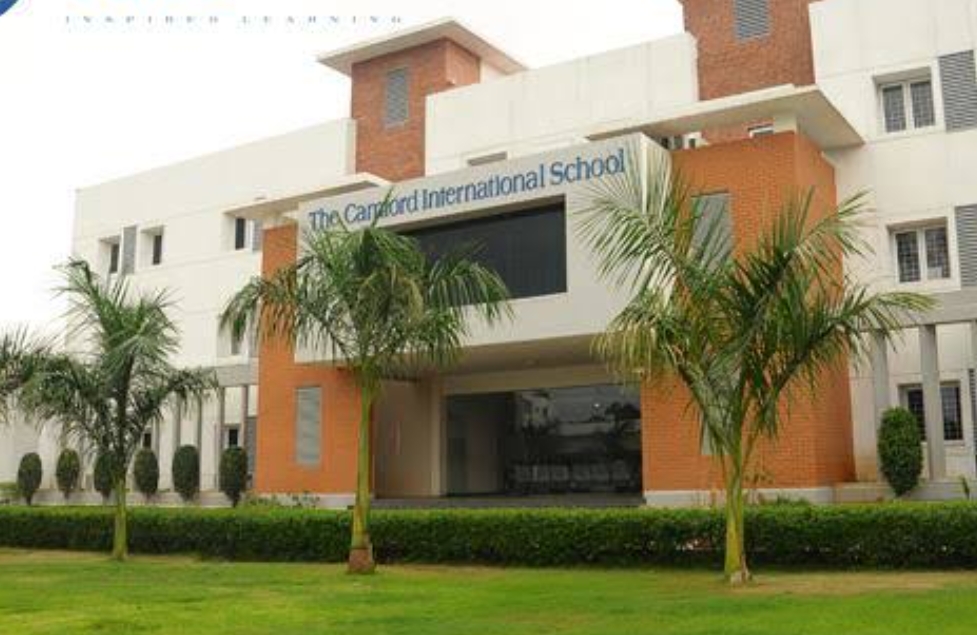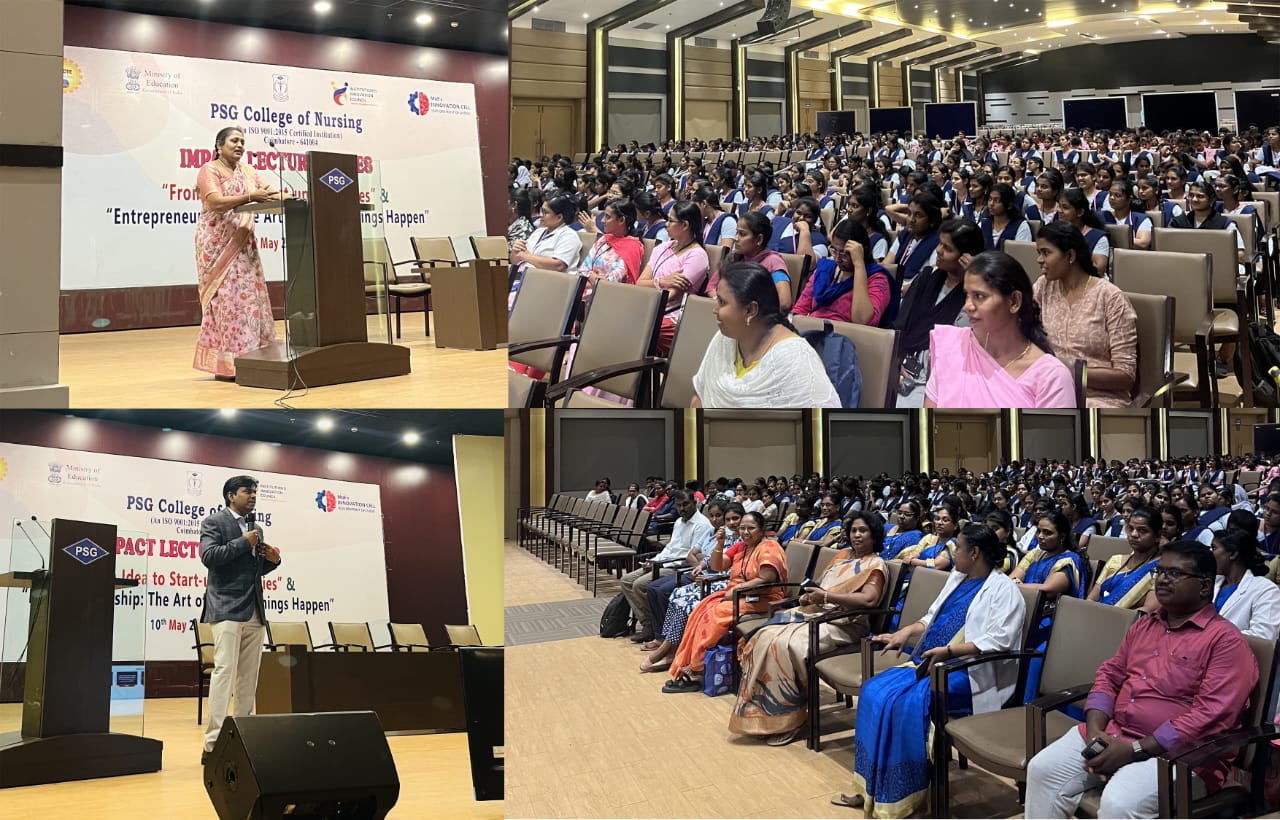Trending Now
- Action should be taken against the cops who protect the Ganja accused in TN : PMK leader Anbumani Ramdoss
- Votes that go to Congress or INDI alliance is a waste : PM Modi
- Court grants one-day custody to police to investigate Youtuber Savukku Shankar.
- We actually got our independence only in 2014. The independence to change this country as it should be : Actor , politician, Kangana Ranaut
Coimbatore
Not a fashionable scholarly term but a statement on equality
![]() May 11, 2017
May 11, 2017
Ramachandra Guha, Mahasweta Devi, Susie Tharu, Temsula Ao, B. R. Ambedkar, Bhama all have one thing in common. They are all Subaltern Writers. Subaltern is a school of thought that questions the widespread accepted knowledge and gives a voice to the clearly oppressed parts of the society in the society. The world has changed. People are no longer concerned with the supposed truth that politicians and men in power give in their speeches. They can filter the truth from good PR.
India is a jumble of consciousness. There are people of different cultures, religions, ideologies, races and castes who live together. The pretty picture often painted to attract tourism is about Unity in Diversity. But, is that the truth?
No, the truth lies in the casteism, religious intolerance, political insurgency and the destruction of natural resources and citizen’s rights in the name of development. Temsula Ao questioned the Indian Government’s barbarism over political insurgent states like the North East while Mahasweta Devi questions them over their attitude towards Tribals. Just like the trend developed in places like Canada and Australia, it has taken center attention in India as well.
Within Subaltern, we see the face of patriarchy challenged by feminism, the face of casteism challenged by equality and the face of racism being challenged by Naxalism. It opens our mind and provides a side for that which is often swept under the blanket. After Colonial rule was abolished, the 20th Century and the subsequent years witnessed the rise in awareness and publishing of works by the oppressed. Subaltern Studies, as a branch of literature and philosophy, examined the social power of certain sections towards the other. Cultural and social imperialism were questioned and proved illogical.
Popular North Eastern Writer Easterine Kire wrote about the dislocation of people and the widespread chaos that occurred in Nagaland when Japan attempted to invade India in 1944. This Battle, often ignored by popular historiography, was revealed in her book, Mari. It showed how freedom struggle, World War II have all been given to us through the eyes of elitists and not groups of common people and their regional struggles.
Mr. Ravikumar, an intellectual writer and General Secretary of Viduthailai Chiruthaikal Katchi believed that subaltern was an academic term used by Indian Intellectual writers in English. He further commented that this form of studies focused on writing history that does not base itself upon legends, colonial records and elitist perspectives. He added that it gave importance to oral narratives of regional languages that are also the resources of history. Citing the example of Pandit Iyothee Thass and his historiography as the right one, the writer said that this form of subaltern historiography has never seen the mainstream textbooks even in schools. He emphasized that although subaltern is an academic term, its motive is to deliver the truth of history and records in an authentic manner. Speaking about the study’s significance, he said that since the society has been giving credit of deeds to leaders and elites, this form of studies would deconstruct and change perspective of society.
Universities all over the country have understood the educational significance of the particular subject. University of Madras is no exception. Subaltern Studies is a part of the syllabus for students of Masters in English Literature. When asked about the relevancy of this subject in colleges, Amrtha Srinivasan, a student of Women’s Christian College, Chennai said, “Subaltern Studies as a subject brings out the neglected issues, problems faced by certain sections of people in our country. Its realism helps instill a sense of concern and empathy in the minds of youngsters.”
Assistant Professor of English Literature, Swetha Sreekumar believes that the inclusion of Subaltern Studies in syllabus is necessary for a general awareness but adds that it requires a good teacher who would teach it not just for the scholarly sense or academic perspective but also to remind people that there are multiple truths in various voices. Agreeing with Mr. Ramkumar’s statement, she states, “a good teacher would enrich this as an awareness and not a fashionable discourse by taking it out of the classroom and focusing it upon the people as a statement of equality.”
Arundhati Roy wrote on the how neo-liberal attitude of Hindu Nationalism has led to a disregard to principles of democracy and inhumane attitude of the powerful towards the helpless. Through this, she advocated change in control of power and non-violent resistance movements to resist this intolerance and oppression. Perhaps we should take a leaf out of her book and banish ignorance and intolerance of elitism as it has the potential to instigate violence and inequality.























